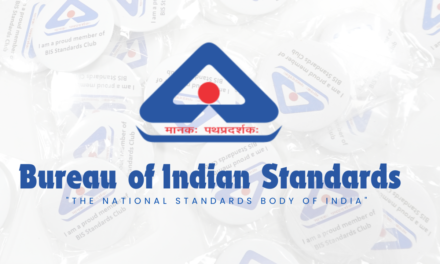Tamil Nadu textile factories face numerous obstacles in their efforts to remain in business
Tamil Nadu’s textile factories face a multitude of obstacles that threaten their continued operation and prosperity. One of the most significant challenges is the escalating cost of raw materials, particularly cotton. Cotton price fluctuations in the global market have a direct impact on production costs, squeezing profit margins for many factories.
Another major hurdle is the rising cost of energy. High electricity tariffs significantly increase operational expenses, making it difficult for factories to compete with those located in other states with lower energy costs. This disparity in energy costs puts Tamil Nadu’s textile industry at a significant disadvantage.
Furthermore, the industry faces intense competition from other states and countries, particularly those with lower labor costs and more favorable government incentives. This competitive pressure forces Tamil Nadu’s textile factories to constantly strive for greater efficiency and productivity to remain viable.
Labor shortages also pose a significant challenge. The industry relies heavily on skilled labor, and finding and retaining a skilled workforce is becoming increasingly difficult. This labor shortage can disrupt production schedules and impact overall productivity.
In addition to these challenges, the industry is also grappling with evolving consumer preferences. The growing demand for sustainable and ethically produced products requires factories to adapt their production processes and adopt more eco-friendly practices.
These obstacles underscore the urgent need for the Tamil Nadu government to implement supportive policies and initiatives to address the challenges faced by the textile industry. By providing targeted support, such as subsidies on raw materials and energy, improving infrastructure, and fostering skill development, the government can help the industry overcome these hurdles and regain its competitive edge.







